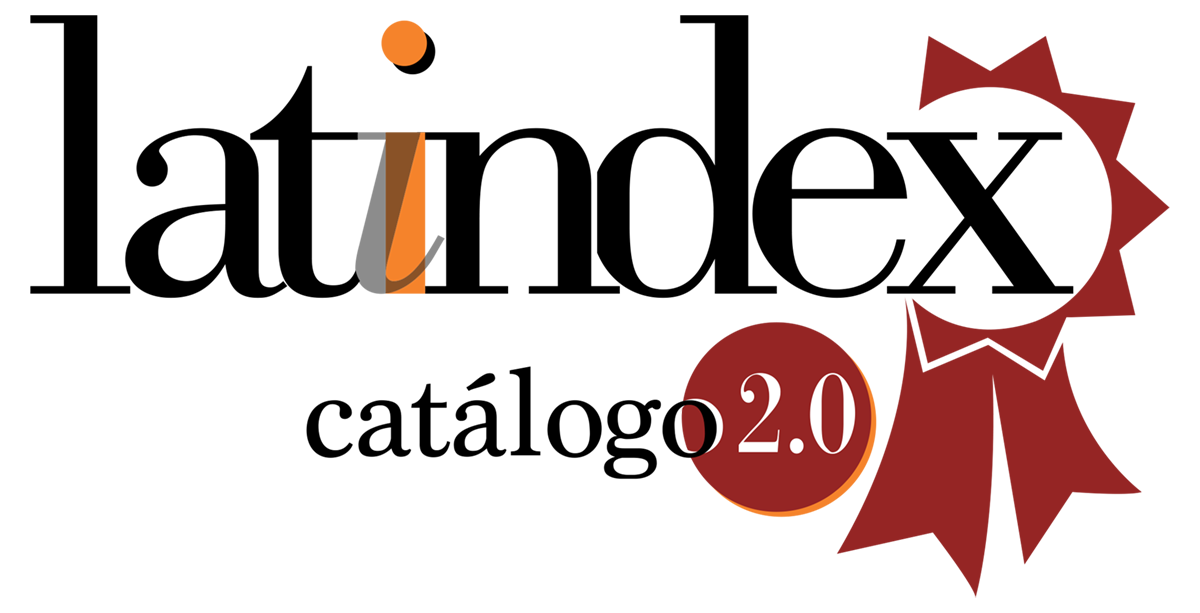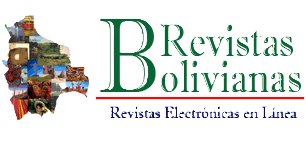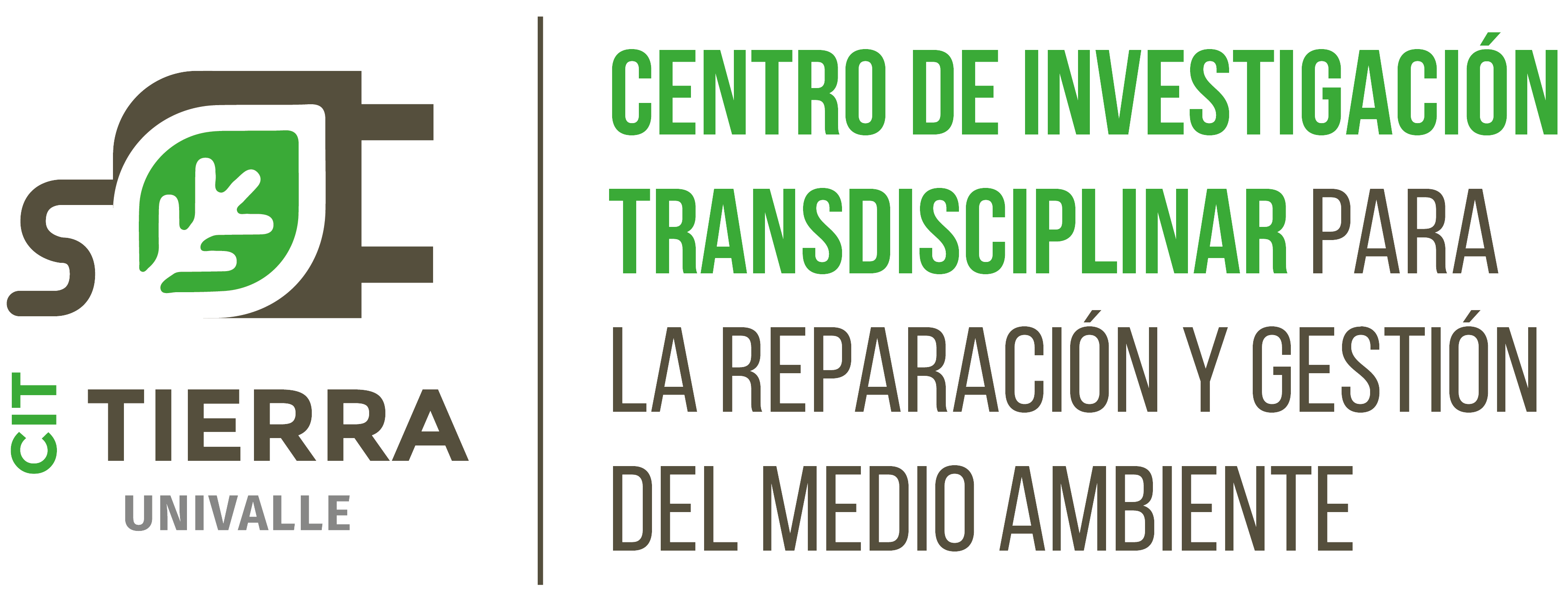About the Journal
Scope and Focus
The Journal Boliviano de Ciencias is a peer-reviewed, Open Access academic journal published by Universidad Privada del Valle (Bolivia) and affiliated with its Transdisciplinary Research Centre for Environmental Restoration and Management "Tierra" (CIT Tierra). The journal aims to publish studies in the fields of Engineering Sciences, Technology, Computer Science, and Exact Sciences. It is intended for lecturers, students, academics, professionals, and others interested in these areas of knowledge. The Journal Boliviano de Ciencias accepts for publication scientific articles, literature reviews, reflective essays, and applied engineering projects. The journal charges no fees for article review or publication and has been published biannually since 2020, although it was originally established in 1998 with a triannual print edition.
Mission and Vision
Mission
To foster the advancement of knowledge in the fields of Engineering Sciences, Technology, Computer Science, and Exact Sciences through the publication of rigorous, high-quality research. The journal is committed to providing an open access platform for scientific dissemination, where academics, professionals, lecturers, and students can share and access meaningful knowledge. It seeks to promote development and innovation within these disciplines, encouraging diverse perspectives and contributing to global scientific progress.
Vision
The journal envisions itself as a leading scientific publication in the dissemination of research within the fields of Engineering Sciences, Technology, Computer Science, and Exact Sciences, recognised for its academic excellence and its commitment to open access. It aspires to serve as a benchmark for the academic community, offering a forum for the presentation and discussion of scientific advances. The journal aims to promote innovation, research ethics, and excellence in scientific communication, while continually evolving in line with technological progress and the needs of the scientific community, maintaining a steadfast commitment to quality and accessibility in knowledge dissemination.
Peer Review and Evaluation Process
The manuscript will first undergo an initial assessment by the Section Editor. Authors may submit supplementary files (such as datasets, etc.) as supporting evidence of the results presented in the manuscript. The Section Editor reserves the right to request any necessary corrections to address deficiencies identified in the submission, to reject the manuscript, or to forward it for peer review.
Once the identified issues have been addressed, the manuscript will be subjected to a double-blind peer review process, whereby it will be evaluated by two external reviewers who are experts in the relevant field. These reviewers are invited by the Section Editor according to the specific topic(s) of the submission and are considered part of the journal’s Editorial Board for that particular volume. Consequently, the composition of the Editorial Board may vary for each issue. The identities of the reviewers are protected at all times, ensuring complete anonymity.
The reviewers will conduct a thorough evaluation of the study and may request the authors to make further revisions to address any shortcomings found in the work.
The peer review process concludes once the external reviewers issue a final recommendation regarding the publication of the manuscript. The editor retains the discretion to follow or disregard the reviewers’ recommendations.
The reviewers’ decisions to accept or reject a manuscript for publication are based solely on the relevance of the study, its originality, clarity of presentation, and its alignment with the journal’s editorial scope.
All material submitted for publication is treated as confidential during the evaluation process. In the event of rejection, no member of the reviewing or editorial team shall disclose or make public the original submission.
Open Access Policy
The Journal Boliviano de Ciencias adheres to various initiatives promoting free access to knowledge. As such, all content in the Journal Boliviano de Ciencias is freely accessible and published under a Creative Commons Attribution 4.0 Licence.
Publication Frequency
Journal Boliviano de Ciencias is published on a biannual basis. Issues are released every six months, at the end of June and December respectively (one volume covering January to June, and the other from July to December).
Plagiarism Detection and Originality Reporting
All submissions are evaluated using Plagiarism Checker X to detect plagiarism. The journal accepts submissions with a plagiarism index of no more than 25%. If a manuscript exceeds this threshold, authors will be given the opportunity to reduce the percentage and resubmit their work.
Obligations and Responsibilities of the journal.
The Journal Boliviano de Ciencias commits to:
- Ensuring the quality of scientific material it publishes;
- Protecting freedom of expression;
- Upholding the academic integrity of its content by ensuring adherence to internationally accepted ethical standards;
- Being willing to publish corrections, clarifications, retractions, and apologies when necessary.
Originality and Plagiarism
Authors must ensure they hold the rights to their submitted work and have appropriately cited other authors' work. Any manuscript found to contain plagiarism will be rejected. Additionally, authors must not submit manuscripts that describe essentially the same work published elsewhere.
Complaints
The Journal Boliviano de Ciencias is committed to responding promptly to complaints. If the complainants are not satisfied, they have the right to escalate their protests to other relevant bodies.
Protection of Individual Data
The Journal Boliviano de Ciencias guarantees the confidentiality of personal information. Authors are ultimately responsible for obtaining permissions for the use of images, trademarks, and other personal data (age, gender, social status, etc.) presented in their work.
Handling of Misconduct
The Journal Boliviano de Ciencias is obliged to take appropriate action in cases of suspected misconduct or improper behaviour. Manuscripts that raise doubts about potential misconduct will be rejected.
Every reasonable effort will be made to ensure that submitted works are rigorous and ethically sound.
Academic Integrity and Rigour
Whenever it becomes evident that a published work contains significant inaccuracies, misleading statements, or distortions, it must be corrected immediately.
If a published work is found to contain fraudulent content, it will be retracted as soon as it is discovered, with immediate notification to both readers and indexing systems.
Complaints/Grievances
Any author, reader, or reviewer may file complaints via the Journal Boliviano de Ciencias email:











